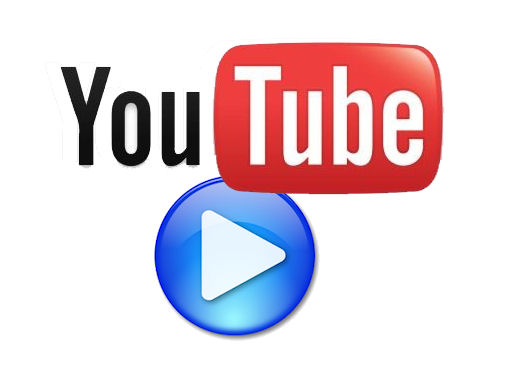

A Hamburg court on Friday ruled that Google’s YouTube must take more responsibility for content posted on the video-sharing site, a decision that may result in substantial royalty payments by the company.
The ruling in a case brought by German royalties collection body Gema focused on 12 sample clips and forced YouTube to remove seven of the clips, which Gema said contained copyrighted material.
The court also ruled that YouTube must add digital markers to all uploaded videos, as well as a filter making it easier to target words that might indicate material that infringes copyright.
YouTube had argued that it is not responsible for the videos uploaded by users, but merely provides a technical framework for their distribution. Google gains substantial revenues from advertising on YouTube, contributing to first-quarter income of $10.65 billion (£6.68bn).
Gema was in negotiations with YouTube seeking a portion of its advertising revenues from April 2009 until it filed the lawsuit in September 2010, and said it hopes the ruling will bring the site back into discussions.
“We reached our primary goal one hundred percent, to have the court confirm that YouTube is fundamentally responsible for videos posted by users,” said Gema chairman Harald Heker in a statement. “YouTube must implement appropriate measures to protect our repertoire and cannot simply pass on this obligation to the copyright holders.”
German magazine Der Spiegel quoted him as saying: “We don’t want to take them to court, we want a contract.”
YouTube said the result showed nevertheless that it cannot be made to take complete responsibility for all of the material uploaded to the site, and said it would continue looking for “a solution” to licensing issues.
“Today’s ruling confirms that YouTube as a hosting platform cannot be obliged to control the content of all videos uploaded to the site,” YouTube said in a statement provided to news outlets. “We remain committed to finding a solution to the music licensing issue in Germany that will benefit artists, composers, authors, publishers and record labels, as well as the wider YouTube community.”
YouTube can appeal the court’s decision.
Gema, which claims to represent about 60,000 German songwriters and musicians, has achieved victories against file-sharing websites such as Rapidshare, which was obliged to implement filters blocking copyrighted content in 2009. Streaming site Grooveshark stopped its German operations, saying it could not afford to pay the licensing rates imposed by Gema.
In negotiations with YouTube Gema had initially asked for a licensing rate of 12 euro cents per stream, which was negotiated down to 0.6c. However, the organisation could not come to an agreement with YouTube on the new rate, leading it to file the lawsuit.
Copyright holders are not the only bodies to ask YouTube to filter its content. Google said the UK government asked YouTube to remove 135 videos in the first half of last year due to alleged threats to national security.
Do you know Google’s secrets? To find out, take our quiz.
All Cybertrucks manufactured between November 2023 and February 2025 recalled over trim that can fall…
As Musk guts US federal agencies, SEC issues summons over Elon's failure to disclose ownership…
Moonshot project Taara spun out of Google, uses lasers and not satellites to provide internet…
Pebble creator launches two new PebbleOS-based smartwatches with 30-day battery life, e-ink screens after OS…
Amazon loses appeal in Luxembourg's administrative court over 746m euro GDPR fine related to use…
Nvidia, xAI to participate in project backed by BlackRock, Microsoft to invest $100bn in AI…